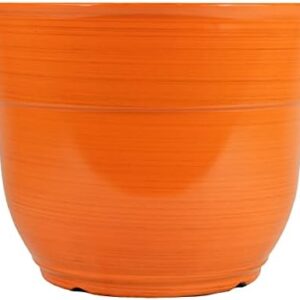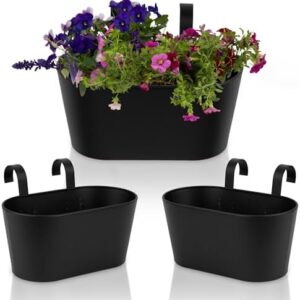Have you ever stopped to think about how plant science is impacting our world? From the food we eat to the medicines we take, plants play a crucial role in shaping our lives. But did you know that the world of plant science is constantly evolving, with researchers planting the seeds of change that will revolutionize the way we think about plants and their potential?
One of the most exciting developments in plant science is the use of genetic engineering to create plants with desirable traits. By manipulating the genetic material of plants, scientists are able to produce crops that are more resilient to pests and diseases, have increased nutritional value, or can even thrive in harsh environmental conditions. This technology has the potential to revolutionize agriculture, ensuring that we can continue to feed a growing global population in a sustainable and efficient way.
But genetic engineering is just one piece of the puzzle when it comes to shaping the future of plant science. Researchers are also exploring new ways to improve crop yields through traditional breeding methods, as well as developing innovative plant-based products that can benefit both humans and the environment. For example, scientists are experimenting with using plants to clean up contaminated soil and water, as well as developing plant-based materials that can replace traditional plastics and reduce our reliance on fossil fuels.
Another exciting area of plant science is the study of plant-microbe interactions. Did you know that plants form complex relationships with the microbes that live in their roots and soil? These interactions play a crucial role in plant health and productivity, influencing everything from nutrient uptake to disease resistance. By understanding these relationships better, scientists hope to develop new ways to enhance plant growth and resilience, without relying on chemical fertilizers and pesticides.
Plant science is also making strides in the field of medicine. Many of the drugs we use today are derived from plants, and researchers are constantly exploring new botanical sources for potential treatments. For example, scientists are investigating the therapeutic properties of medicinal plants like cannabis, which has shown promise in treating a range of health conditions, from chronic pain to epilepsy. By harnessing the power of plants, researchers hope to develop new drugs that are more effective and have fewer side effects than traditional pharmaceuticals.
Of course, the benefits of plant science extend beyond agriculture and medicine. Plants are also essential for maintaining a healthy environment, providing oxygen, filtering air pollutants, and supporting biodiversity. As our planet faces increasing environmental challenges, from climate change to habitat destruction, it is more important than ever to protect and preserve our plant species. Plant scientists play a key role in this effort, working to understand and conserve the diverse array of plants that make up our world.
So, how can you get involved in the exciting world of plant science? There are many ways to support and contribute to this field, whether you are a student, a gardener, or simply someone who cares about the future of our planet. You can start by learning more about the plants in your own backyard, or volunteering at a local botanical garden or nature reserve. You can also support plant science research by donating to organizations that are working to advance our understanding of plants and their potential.
In conclusion, plant science is shaping our world in ways that are both profound and exciting. From improving crop yields and developing new medicines, to protecting our environment and promoting biodiversity, plants are at the heart of some of the most important issues facing our planet today. By planting the seeds of change in the field of plant science, researchers are paving the way for a more sustainable and prosperous future for all of us. So let’s celebrate the incredible diversity and potential of plants, and work together to ensure that they continue to thrive and flourish in the years to come.






